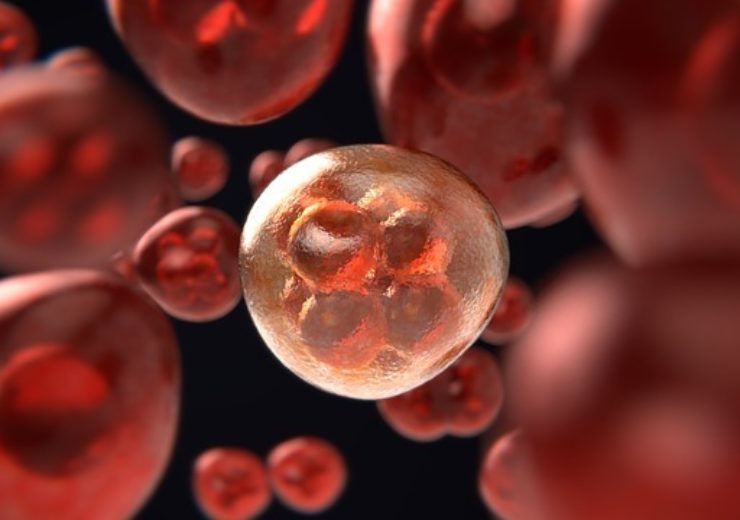The acquisition enables Astellas to gain Xyphos' proprietary Advanced Cellular Control through Engineered Ligands (ACCEL) technology platform

Xyphos’ synthetic biology platform directs cells of the immune system to target single or multiple tumor antigens. Credit: Pixabay/Colin Behrens.
Tokyo-based Astellas Pharma has acquired a privately held development-stage biotechnology company Xyphos Biosciences in a deal worth $650m.
The acquisition enables Astellas to gain Xyphos’ proprietary Advanced Cellular Control through Engineered Ligands (ACCEL) technology platform.
The platform enables the patient’s own natural immune cells to be redirected by bispecific antibodies or to be re-programmed to express a highly flexible and versatile Chimeric Antigen Receptor (CAR).
In addition, the acquisition will also allow the Japanese company to gain immuno-oncology talent, to develop new and potentially improved ways to mobilise, target and control immune cells to find, modulate and destroy targeted cells throughout the body.
Astellas President and CEO Kenji Yasukawa said: “At Astellas, immuno-oncology is a Primary Focus of our research and development strategy, and we are working on the development of next-generation cancer immuno-therapy using new modalities/technologies.
“The innovative technology in development at Xyphos fits perfectly in advancing our immuno-oncology strategy to create and deliver value for patients. Combining this technology with our capabilities in cell therapy that we have been working on so far, we can create next-generation high-function cells and maximize the value of our technology.
“We look forward to working with Xyphos’ superb team to advance and expand their clinical development programs to bring their novel therapeutics to patients.”
Xyphos has designed a platform to direct cells of immune system to target tumor antigens
Xyphos’ synthetic biology platform directs cells of the immune system to target single or multiple tumor antigens.
To generate immunotherapies for oncology, the company’s proprietary molecules can be delivered to natural immune cells or to engineered CAR cells.
Its patented CAR technology is based on an engineered modification to a natural human receptor named NKG2D that exists on natural killer (NK) cells and some T-cells.
Currently in preclinical development, Xyphos’ first convertibleCAR cell product candidate is scheduled to be tested in a first-in-human clinical study in 2021.
